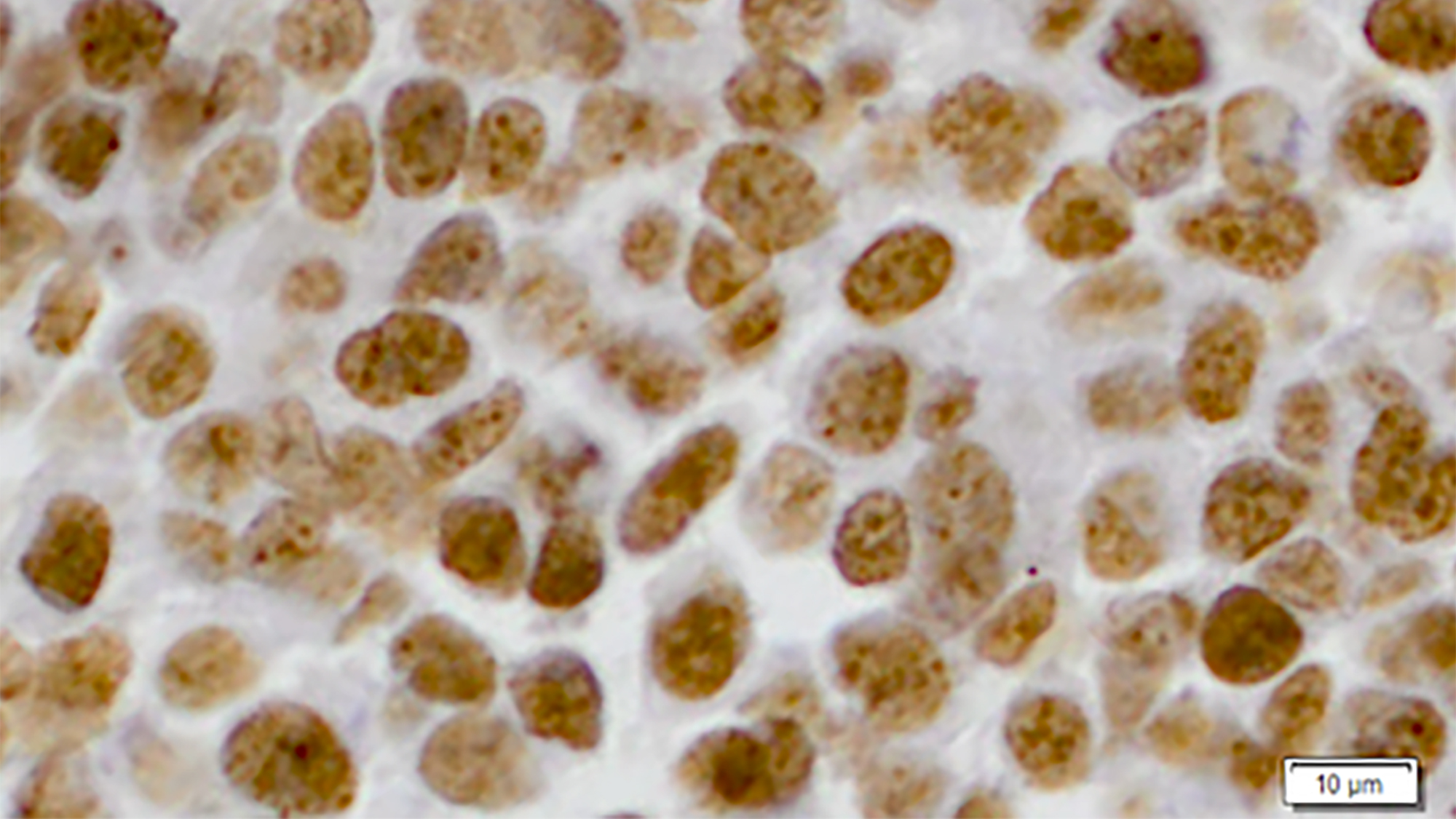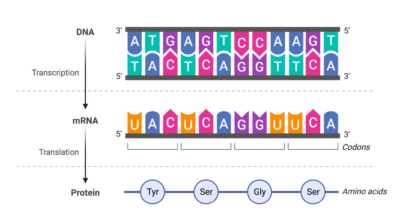A study in which the Centre for Genomic Regulation (CRG) has participated in collaboration with the Sant Joan de Déu Research Institute (IRSJD), has identified the RING1B gene as the key element in the development of Ewing’s sarcoma, a rare cancer of bones and soft tissues that mainly affects children.
The gene, as the researchers have discovered, is involved in the regulation of EWSR1-FLI1, the protein that causes tumorigenesis in patients affected by Ewing’s sarcoma. Therefore, limiting RING1B expression could prevent the conversion of healthy cells into cancer cells.
“Our findings offer striking insights into the machinery of Ewing sarcoma, helping us get closer to uncovering the elusive cell-of-origin for this rare type of cancer”
Luciano Di Croce, researcher at CRG
This finding opens up the possibility of developing drugs to inhibit the action of RING1B and act as a treatment for Ewing’s sarcoma.
Sara Sánchez-Molina et al. RING1B recruits EWSR1-FLI1 and cooperates in the remodeling of chromatin necessary for Ewing sarcoma tumorigenesis, Science Advances 23 Oct 2020: Vol. 6, no. 43






